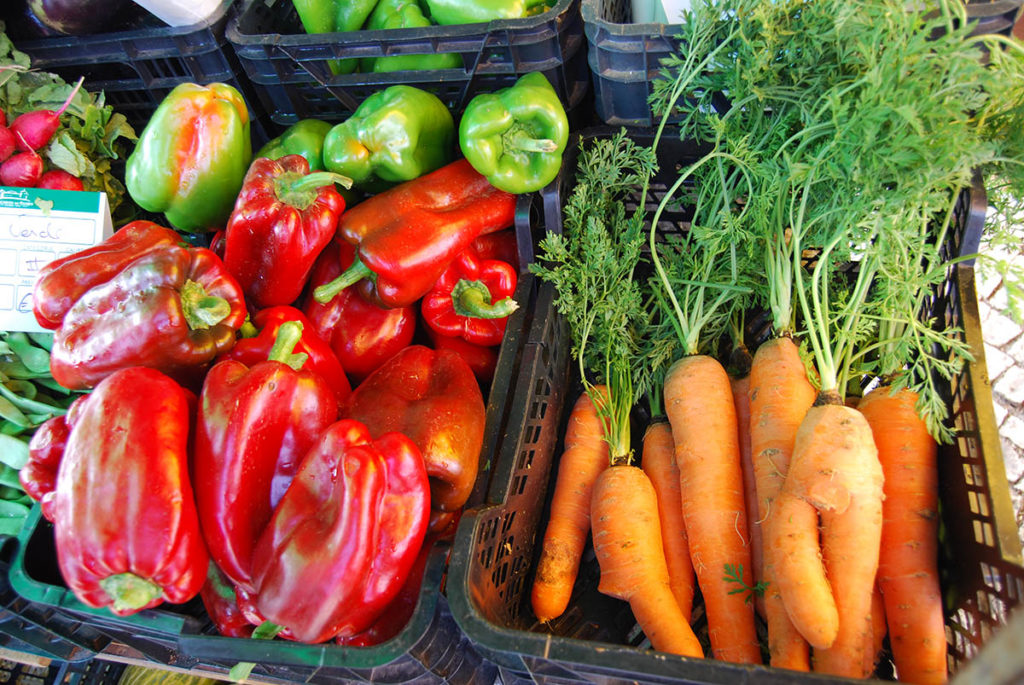An exhibition of handicrafts and sweets, where you can buy traditional products, with traveling entertainment by accordion players, taking place between 10 am and 18 pm on Saturday, December 00, at Jardim das Palmeiras, on the Gilão bank, in Tavira, marks the start of the commemorations of the 4th anniversary of the classification of the Mediterranean Diet as UNESCO Intangible Cultural Heritage of Humanity.
At the Municipal Market, at 10:30 am, there is a cooking demonstration by Chef Abílio Guerreiro, dedicated to typical Christmas dishes, such as Santa Luzia octopus and traditional sweets.
On Saturday, the 4th, the permanent exhibition “Mediterranean Diet – Millennial Cultural Heritage”, on display at the Municipal Museum of Tavira - Palácio da Galeria (Tuesday to Saturday, from 09:30 am to 13 pm | 00 pm to 14:00 pm), can also be visited.
At 21 pm, Igreja da Misericórdia hosts the commemorative concert of this day, with the guitarist from Tavira Josué Nunes, accompanied by the Algharb Consort (harpsichord string quartet). Works by Vivaldi, Joaquin Rodrigo, Duarte Costa and Luigi Bocherini will be interpreted.
The Mediterranean Diet was declared an Intangible Cultural Heritage of Humanity by UNESCO, during the 8th meeting of the Intergovernmental Committee, on December 4, 2013, in Baku (Azerbaijan).
Seven States with millenary Mediterranean cultures signed this transnational candidacy: Portugal (Tavira), Cyprus (Agros), Croatia (Hvra and Brac), Greece (Koroni), Spain (Soria), Italy (Cilento) and Morocco (Chefchaouen).
The Mediterranean Diet consists of a set of practices, representations, expressions, knowledge and skills that communities recognize as part of their cultural heritage.
This manifests itself, namely, in the domains of oral traditions and expressions, in social practices, in rituals and festive acts, in knowledge and uses related to nature and in traditional craft techniques, handed down from generation to generation, and constantly recreated by communities and by the groups in terms of their surroundings, their interaction with nature and their history, giving them a sense of identity and continuity, as well as promoting respect for cultural diversity and human creativity.
The Chamber of Tavira emphasizes that this heritage is "alive in the social practices and customs of the populations, namely, in productive activities, cyclical festivities and in the food culture with products and dishes characteristic of each time of the year".



















Comments